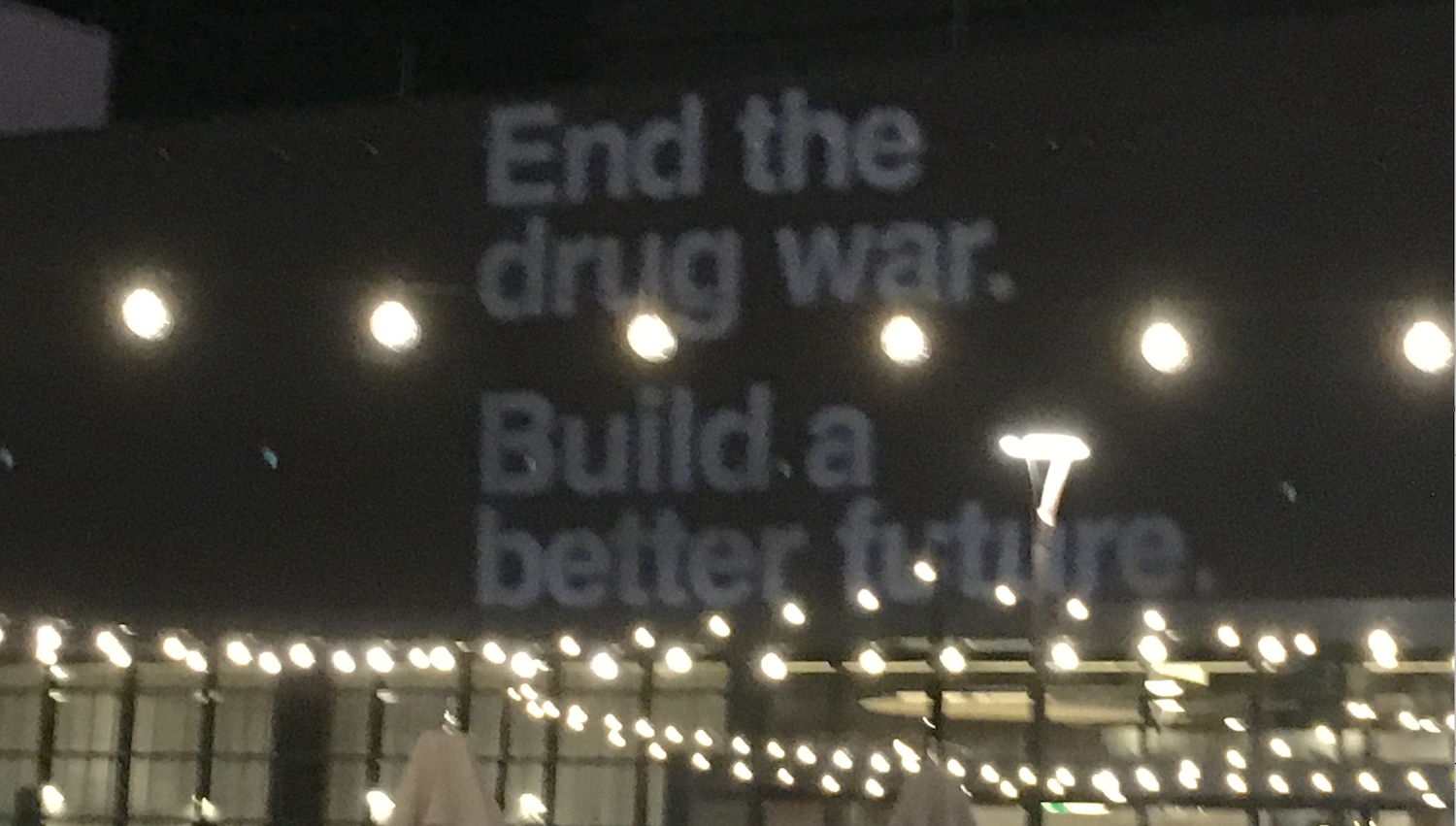In October, over 1,400 drug policy reform advocates and activists from at least 24 countries gathered in the Arizona desert. They’d all come to the biennial Reform conference, hosted by the Drug Policy Alliance (DPA), to collectively say one thing: No more drug war.
For many decades, a punitive approach to drug use—characterized by prohibition, punishment, police and prisons—has held sway around the world. Not only has it failed in its stated goals of reducing drug use and sales, but it has led to large-scale violations of human rights and widespread health harms.
It is also a ruinously expensive catastrophe. Countless billions in public funds are spent on enforcement and collateral costs to create these harms, both domestically and overseas—money that could be spent on meeting communities’ urgent needs.
This is an area where, with our shared goal of ending the drug war, we need to do more to exert pressure on those making the decisions.
The harms of the drug war are not news. For decades, impacted people and communities around the world have been sharing their harrowing stories. These include murders, executions and prison sentences. And we know that the drug war is insidious; a drug arrest, for example, can have indefinite negative consequences on a person’s parental rights, employment opportunities, ability to access housing, and much more.
Leading the shameful charge is the United States, which contributes massive funding for punitive drug law enforcement in other countries.
Corroborating evidence to demonstrate the global drug war’s failures is both extensive and recognized by major international bodies, including the United Nations, the World Bank, and the Organisation for Economic Cooperation and Development.
Yet despite all this, governments and donors continue to waste vast sums on funding punitive responses to drugs, with little transparency or accountability. And leading the shameful charge is the United States, which contributes massive amounts of funding for punitive drug law enforcement in other countries.
As Kassandra Frederique, DPA’s executive director, rightly asked in her opening speech at Reform: When prohibition created violent illicit markets, law enforcement abuses, a volatile drug supply and overdose deaths, why is the US spending billions to fund the global drug war?
The only possible answers to that question cast decision-makers in the worst possible light.
They must be held accountable for disastrous knock-on consequences. Among these, the drug war funding juggernaut has perverted international development aid.
In our recent report, “Aid for the War on Drugs,” Harm Reduction International found that wealthy governments spent close to $1 billion from their aid budgets—intended to help alleviate poverty—on the global drug war between 2012 and 2021 alone.
These funds—which represent only one portion of international drug war funding—were used by governments to train and fund police operations; to increase surveillance of citizens; to drive up drug-related arrests; to increase the numbers of people in detention; and to further criminalize some of societies’ most vulnerable and marginalized groups.
More than half of total “aid” funding for “narcotics control” over that decade—$550 million—came from the United States.
US advocates, in particular, have a key role to play, with implications far beyond their borders.
Budget allocations illustrate the priorities of a society. The global drug war is flush with cash, while effective solutions to issues around drug use are severely underfunded everywhere we look. Globally, we currently spend 750 times more on punitive responses to drugs than we do on life-saving services for people who use them.
This is why budget advocacy is crucial to dismantling the drug war. We must all demand that our governments divest from this ineffective and unjust response to drugs at the national and international levels. And US advocates, in particular, have a key role to play, with implications far beyond their borders.
Success would not only cut off resources for directly harmful campaigns, but free up essential funds to invest in programs which prioritize community, health and justice. This includes harm reduction as well as other social and community programs that benefit marginalized people and lead to healthier, safer societies.
At a time when many Western politicians are peddling softer rhetoric around drugs for domestic audiences, we must not lose sight of global realities. It’s imperative that we follow the money wherever it goes.
Photograph of backdrop at Reform conference by Filter
The Influence Foundation, which operates Filter, previously received a restricted grant from DPA to support a Drug War Journalism Diversity Fellowship.





Show Comments